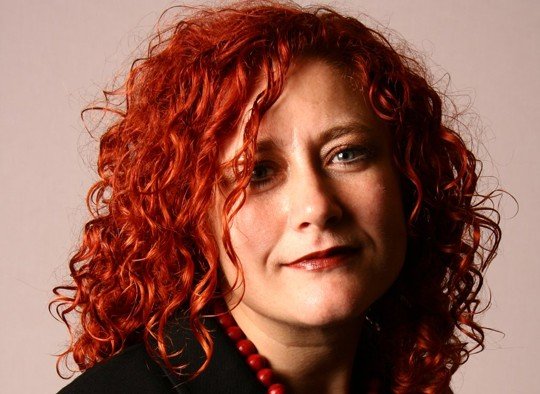
Can you tell us about Vanishing Point?
Vanishing Point deals with the subject of sex trafficking in Whitley Bay and sees DI Brady pushed to the edge as he uncovers a trafficking ring run by Eastern European gangsters. The book opens with the discovery of a headless female torso washed up on the beach while another victim, an ex-colleague and lover of Brady’s, is found mutilated and barely alive. He disobeys orders and works the case of his ex-lover at the expense of his investigation and career. He discovers that both crimes are linked not only to sex trafficking, but also to his brother. He risks his life and career to save his brother and expose an organisation with roots in the highest corridors of power.
What drew you to the subject of sex trafficking?
It’s a subject that interests and troubles me. It rarely gets the publicity it deserves, yet thousands of young women are trafficked every year. Red Poppy, an organisation set up in 2003 to provide support and accommodation for victims deals with around 30 women a month. This number may not seem high, however most trafficked women never manage to escape. The reasons are twofold. Firstly, they are held captive through fear of their own lives and of their families back home. Secondly, if they do somehow escape they are deported back to their own country and fall prey to the very men who trafficked them in the first place. The problem is now a widespread phenomenon. Whether it’s because of a relaxed attitude to women as sexual commodities or a backlash against feminism is debatable, but whatever the cause we have exponentially rising international crime against women and young girls that takes place behind locked doors and consequently, there is little appreciation of its magnitude.
As a feminist do you feel you bring a different perspective to crime writing?
As a feminist – with a penchant for killer heels – I hope my political beliefs comes across in my writing but I am not sure whether it brings a different perspective. It ultimately remains up to the reader to decide whether this is the case. There’s a fine line between the realistic portrayal of violence and pornographic exploitation, which I am constantly aware of. As a feminist I consciously chose to use the archetypal maverick male cop to investigate the crimes against women I depict. It is critical that as a feminist I am not mistaken for being a misandrist and through Brady I am able to explore not only concepts of femininity in a patriarchal world but, crucially, masculinity. Ultimately, Brady is a good man and given the crimes I have dealt with in Vanishing Point, I needed to balance the atrocities against the women with a male character who would never endorse or be party to that kind of thinking, let alone action.
What prompted you to set your work in Whitley Bay?
I decided to write about what I knew and that was living in a small seaside resort, coupled with my interest in the darker side of humanity. Whitley Bay is a popular destination for stag and hen parties, and there are a number of bars and clubs which cater for this market, so there is a wealth of material here which allowed me to tackle a serious international issue like sex trafficking.
What’s the reaction from locals been like?
Largely positive – there are derelict seafront properties, a growing number of charity shops and the emergence of strip bars in Whitley Bay prominently advertised along the promenade. The council are working hard to rejuvenate the town though, particularly along the seafront. Much of the criticism I’ve read comes from people who seem to have spent childhood holidays here, when the national and local economies were more buoyant. At the end of the day the work is fictional and it reflects numerous seaside towns in the UK that have lapsed from their former glory. Regrettably there will be locals who are unhappy with my harsh depiction of Whitley Bay, a place of which I am very fond and choose to live in.
You were shortlisted for the CWA’s Debut Dagger in 2009, how did that affect your writing career?
I was really lucky in that Broken Silence, or then Paterfamilias at the time, was shortlisted in 2009 and then in 2010 I was shortlisted again for a zeitgeisty, black comedy crime piece called Lockdown. The Debut Dagger is a great award for unpublished writers as it gets their work in front of a panel of judges drawn from the industry. This can open doors, which is a great thing as it’s a difficult profession to break into and even more difficult to be successful in. My agent Jenny Brown suggested I submit the book, and being shortlisted certainly helped her sell Broken Silence at the Frankfurt Book Fair shortly after the competition.
What’s coming up next for you?
An eight mile run, hot bath, and working on my next book, a stand-alone with a female DI protagonist. Brady is currently resting but will return after this third book as Whitley Bay needs that maverick cop! However, I’m having fun getting my teeth into a feisty, ball-breaking female copper who attracts the wrong kind of attention which consequently puts her life and career in jeopardy.